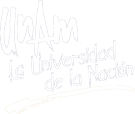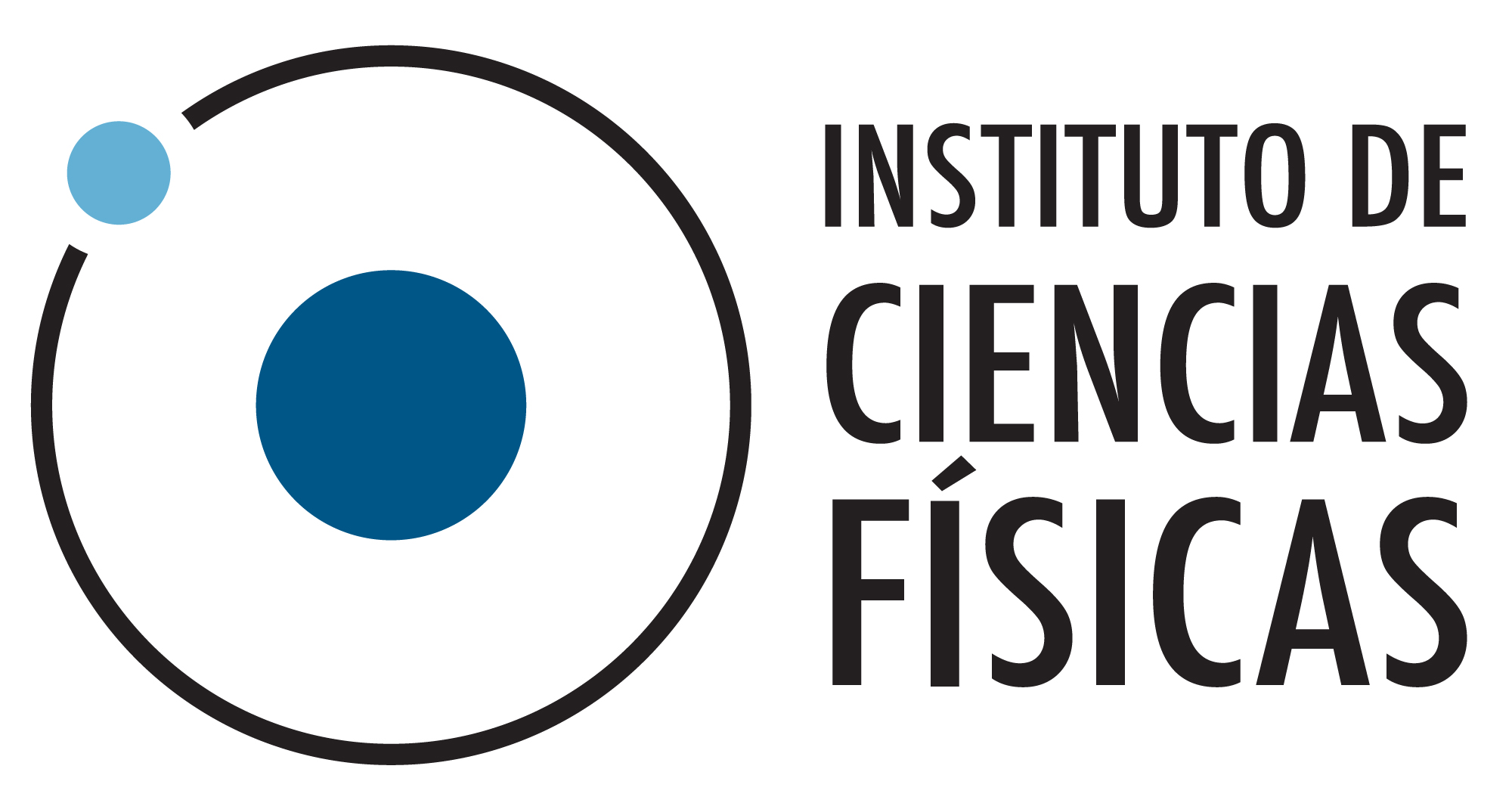Coloquios
“Aproximación al estudio de sistemas nanoscópicos desde la dinámica molecular. El caso de las interfases”
Centro de Investigaciones en Química (CIQ), UAEM
Los procesos fisicoquímicos que ocurren en la interfase agua-aire han sido objeto de una gran cantidad de estudios dirigidos a entender las características únicas de la región que se designa como interfase y cuya estricta definición es elusiva. Experimentalmente es posible diseñar y utilizar dispositivos de talla nanoscó ...
Leer más
Lugar: Auditorio ICF
Fecha y hora: Este evento terminó el Miércoles, 14 de Agosto de 2024
“De Supernovas y Tránsitos de Venus: ¿Evidencias de Observación en Mesoamérica Prehispánica?”
Instituto de Investigaciones Estéticas, UNAM
Gracias al trabajo de numerosos estudiosos durante las últimas décadas se ha podido demostrar la importancia que alcanzó la Astronomía en las sociedades mesoamericanas. El registro de eventos celestes como eclipses y posiciones singulares del planeta Venus demuestran la alta especialización alcanzada por los observadores mesoamericanos. En esta plátic ...
Leer más
Lugar: Auditorio ICF + YouTube
Fecha y hora: Este evento terminó el Jueves, 08 de Agosto de 2024
“Diseño y Síntesis de MOFs Multifuncionales para Aplicaciones Ambientales”
Facultad de Química, UAEMex
En el contexto actual del cambio climático y necesidad de soluciones tecnológicas sostenibles, las Estructuras Metal-Organicas (MOFs) emergen como candidatos prometedores para abordar problemas ambientales complejos gracias a su versatilidad y eficiencia. Este coloquio se centra en los últimos avances en el diseño y síntesis de MOFs ...
Leer más
Lugar: Auditorio ICF - Zoom - YouTube
Fecha y hora: Este evento terminó el Miércoles, 07 de Agosto de 2024
"Pushing the Analogy: Schawarzschild and Kerr Black Holes as Gravitational Lenses"
Instituto Nacional de Astrofísica, Óptica y Electrónica (INAOE)
I present a study of the behavior of light before Schwarzschild and Kerr Black Holes. Gravitational lensing away from the black hole can be reproduced using axicones. Is it possible to pursue an optical analogy to reproduce orbiting light as seen in the proximity of a Schawarschild black hole? Is it possible to modify the trajectory of a ray and mimi ...
Leer más
Lugar: Auditorio ICF - Zoom - YouTube
Fecha y hora: Este evento terminó el Miércoles, 31 de Julio de 2024
“Quantum Many-Body Chaos"
University of Ljubljana, Slovenia
I will review recent development on the topic of quantum many-body chaos, specifically from the perspective of exactly solved models. A fruitful idea in this field came from space-time duality which allowed for a number of exact results for the so-called dual unitary quantum circuits. Perhaps the most notable is the proof of random matrix spectral form factor for a cl ...
Leer más
Lugar: Auditorio ICF - Zoom - YouTube
Fecha y hora: Este evento terminó el Miércoles, 24 de Julio de 2024
“Materiales Híbridos Nanoestructurados de Nanopartículas Biogénicas para Sensado por SERS"
Nanotecnología y Microscopía Electrónica, Facultad de Química, Universidad Autónoma del Estado de México
Esta ponencia abordará el campo de los métodos de síntesis verde para la fabricación de materiales nanoestructurados con propiedades mejoradas de Espectroscopia Raman Mejorada Superficial (SERS). En primer lugar, exploramos la síntesis biológica de nanopartículas de oro (AuNPs) y plata (AgNPs) utilizando extractos de An ...
Leer más
Lugar: Auditorio ICF - Zoom - YouTube
Fecha y hora: Este evento terminó el Miércoles, 19 de Junio de 2024
“Celdas solares de perovskita híbrida preparadas a partir de soluciones químicas bajo condiciones ambientales
Instituto de Energías Renovables, UNAM
La búsqueda de nuevos materiales semiconductores para aplicaciones en celdas solares ha sido una constante desde el descubrimiento del fenómeno. En los últimos diez años la perovskita híbrida, o simplemente perovskita, ha mostrado ser un excelente semiconductor intrínseco muy eficiente en la absorción de la luz y la dis ...
Leer más
Lugar: Auditorio ICF - Zoom - YouTube
Fecha y hora: Este evento terminó el Miércoles, 12 de Junio de 2024
"Oportunidades de trabajo conjunto en el CIQ"
Centro de Investigaciones Químicas, UAEM
Se realizará una breve semblanza del Centro de Investigaciones Químicas de la Universidad Autónoma del Estado de Morelos en la que se comentarán aspectos particulares de temas como la plantilla académica, las líneas de investigación, el equipamiento analítico, los programas educativos, entre otros, con la intenci ...
Leer más
Lugar: Auditorio ICF - Zoom - YouTube
Fecha y hora: Este evento terminó el Miércoles, 05 de Junio de 2024
"Desarrollo de biosensores para la detección de especies de interés medioambiental y para el diagnóstico clínico"
Instituto de Ecología, UNAM
El desarrollo de metodologías de detección química ha ganado mucho interés en las últimas décadas, pues su uso se extiende desde la detección de contaminantes en agua; detección de biomarcadores en plasma humano para el diagnóstico clínico; detección de toxinas, alérgenos, patóg ...
Leer más
Lugar: Auditorio ICF - Zoom - YouTube
Fecha y hora: Este evento terminó el Miércoles, 29 de Mayo de 2024
"Diferentes Mecanismos Físicos que Contribuyen a la Generación de Segundo Armónico en el Silicio"
Centro de Investigación en Ingeniería y Ciencias Aplicadas (CIICAp, UAEM)
El silicio es un material que ha sido ya muy estudiado por su gran cantidad de aplicaciones tecnológicas. Nosotros hemos descrito la generación de segundo armónico utilizando el “Modelo de Enlace de Hiper Polarizabilidad Simplificado” (SBHM por sus siglas en inglés) propuesto por Aspnes y su grupo [G. D. Powell, J. F. Wang, and ...
Leer más
Lugar: Auditorio ICF + YouTube
Fecha y hora: Este evento terminó el Miércoles, 22 de Mayo de 2024


